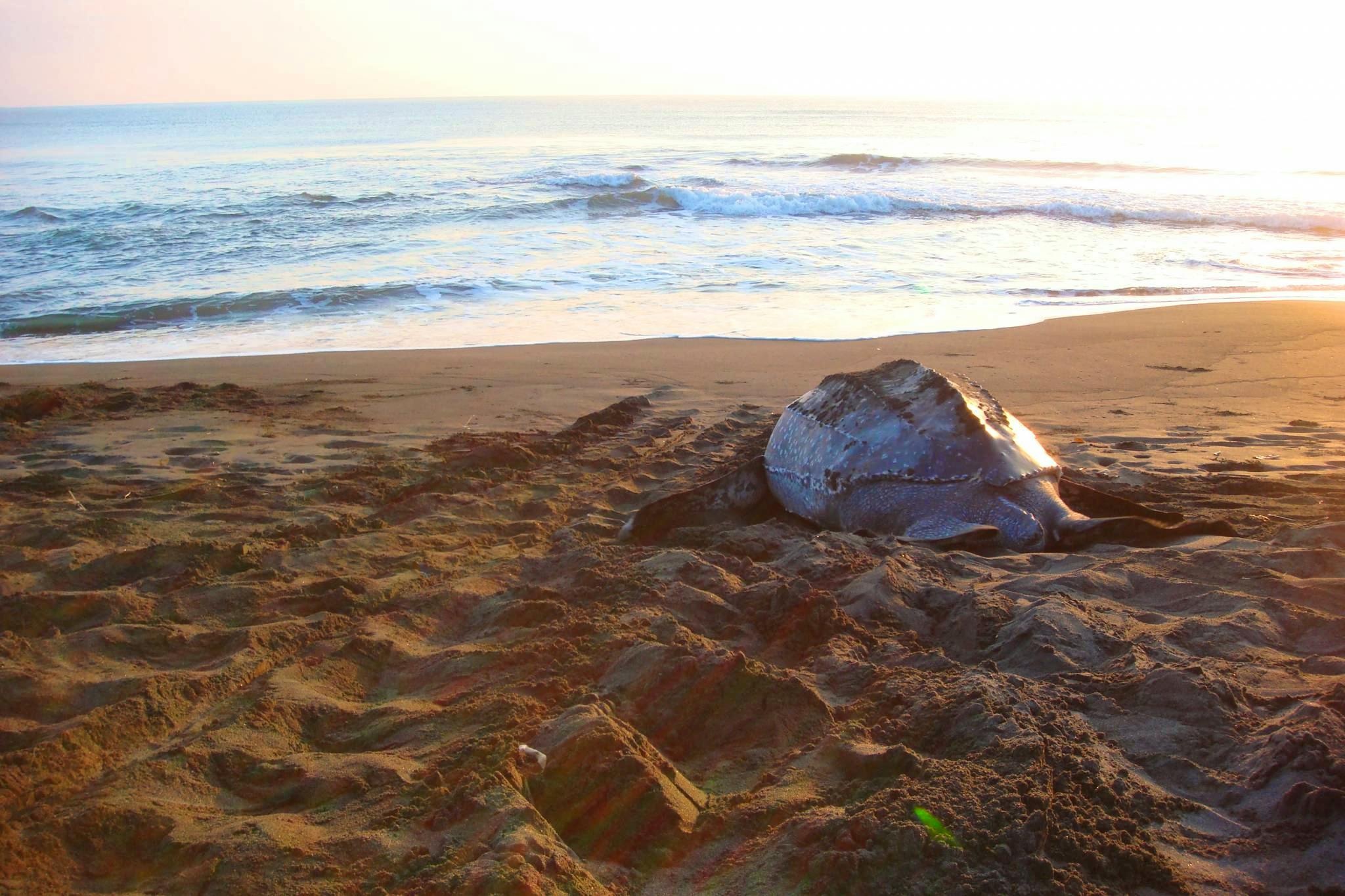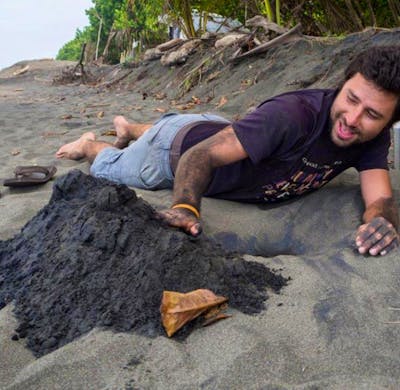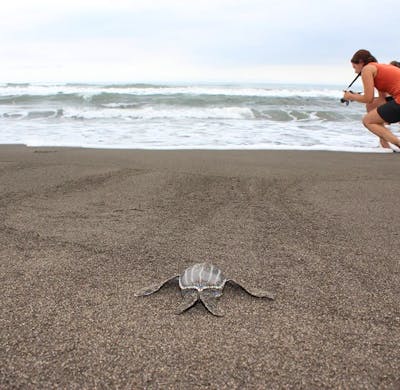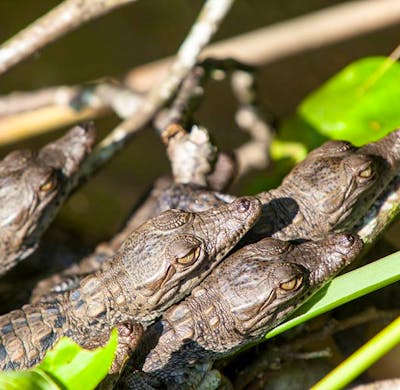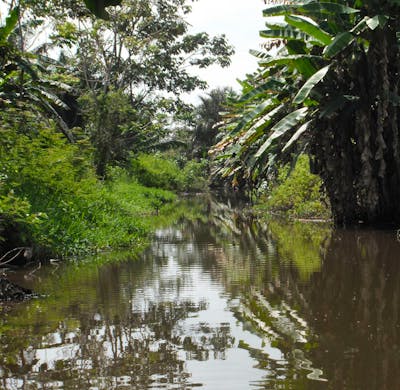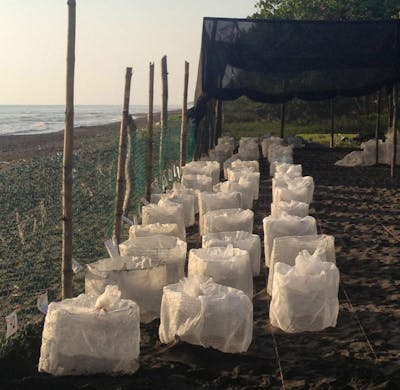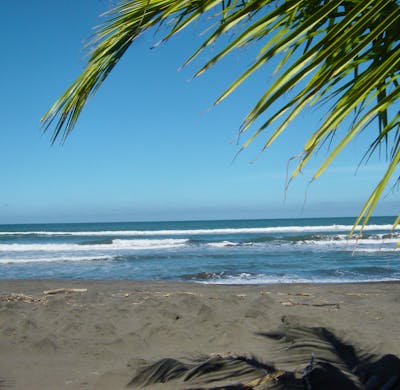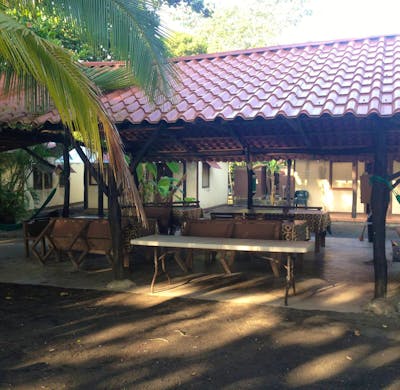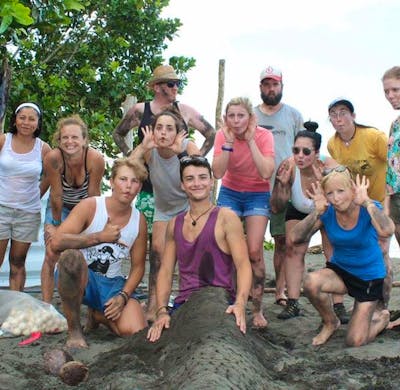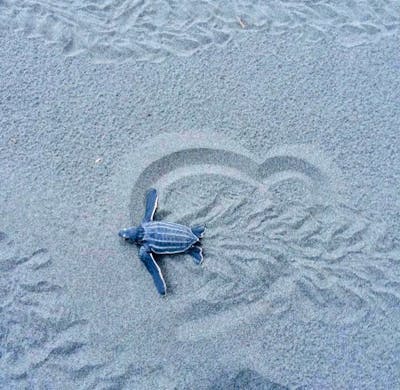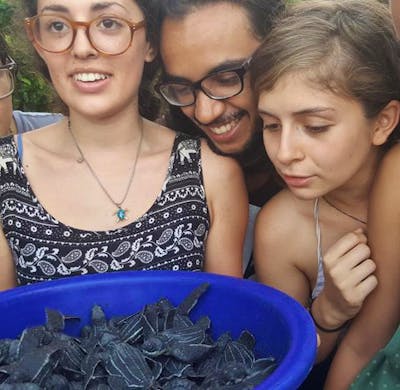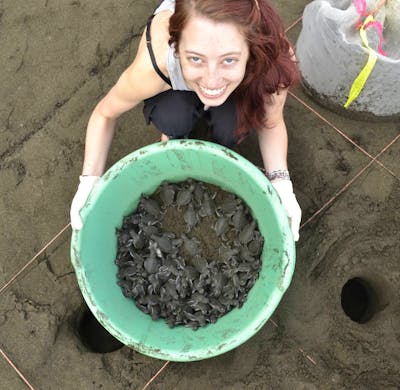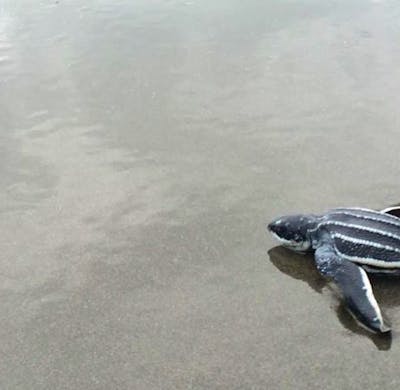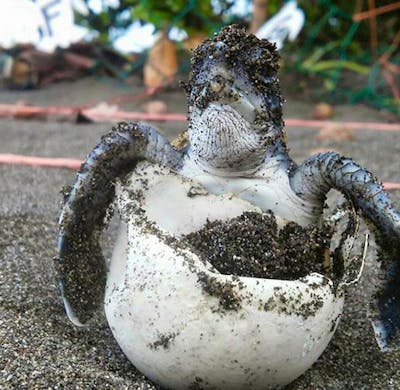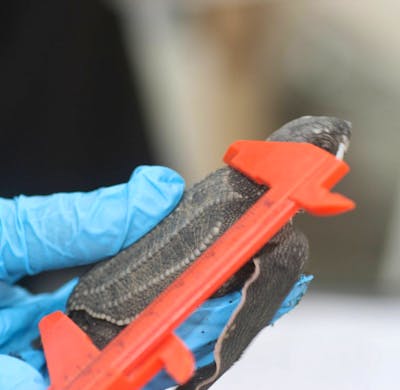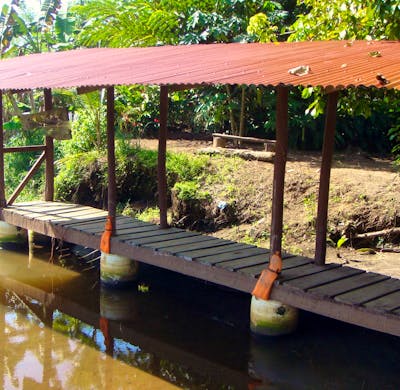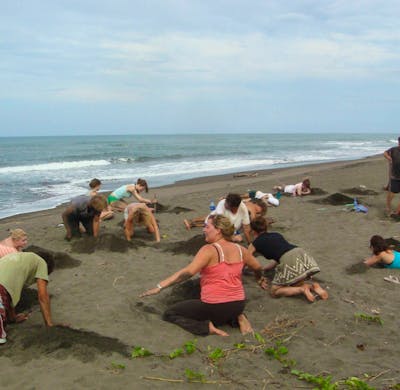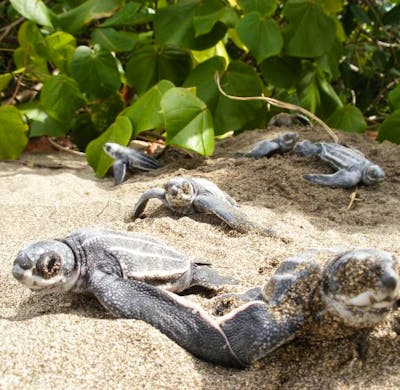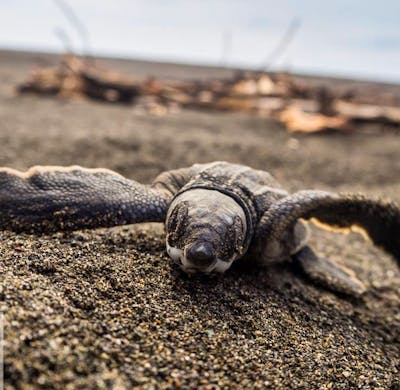2022 at Leatherback Turtle Conservation
from 314€
Leatherback Turtle Conservation
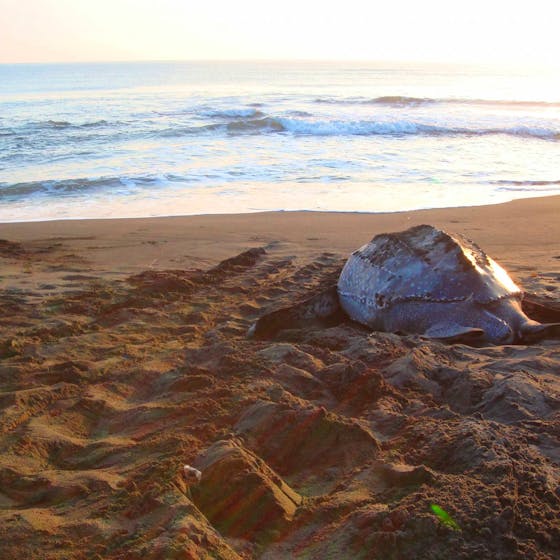
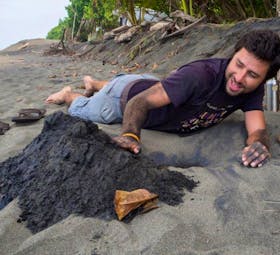
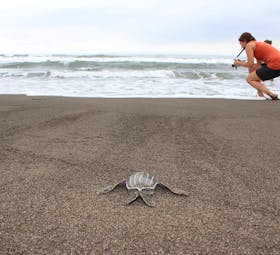
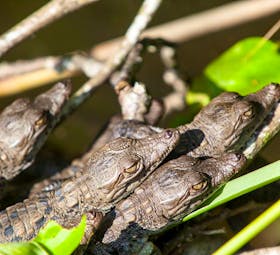
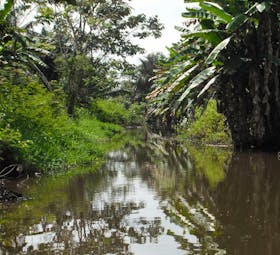
Highlights
- Help us protect endangered leatherback turtles!
- Take this opportunity to work with nesting turtles and to observe the babies hatch!
- Experience the Pura Vide lifestyle of Costa Ricans!
- Explore the local village with fellow volunteers!
- Meet fellow volunteers from around the globe!
Especially suitable
About the program
The program works with the local community, trained in sea turtle conservation who work together with volunteers to protect endangered turtles.
About the Program
Pacuare
beach is located on the Caribbean Coast of Costa Rica. Surrounded by
beautiful nature, Pacuare beach is very remote, only accessible by boat,
and it is a nesting site for Leatherback, Green and occasionally
Hawksbill turtles.
Illegal egg poaching and hunting for sea ...
Typical day
Volunteers will work 6 days per week, with one day off . This will be coordinated upon arrival.
Volunteers will participate in the following activities:
Night Patrol:
Between March and November volunteers, international research assistants and local research assistants of the community of Pacuare ...
Free-time activities
Volunteers receive one free day per week, but due to the remoteness of the program there are few activities to do! Time is spent catching up on sleep, relaxing on the beach or sharing with the local community. We often organize football or volleyball games with the locals.
For an additional cost, ...
Requirements
What's Included
What's NOT included?
Details on arrival
Arrival and departure days are Mondays and Thursdays only.
Program fees
Meet your organization
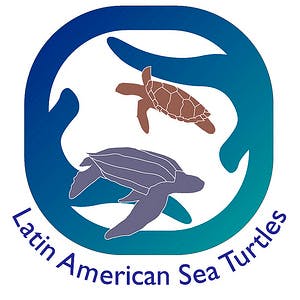
Latin American Sea Turtles
Non-profit - founded in 2013
Verified by Volunteer World
Coordinated by
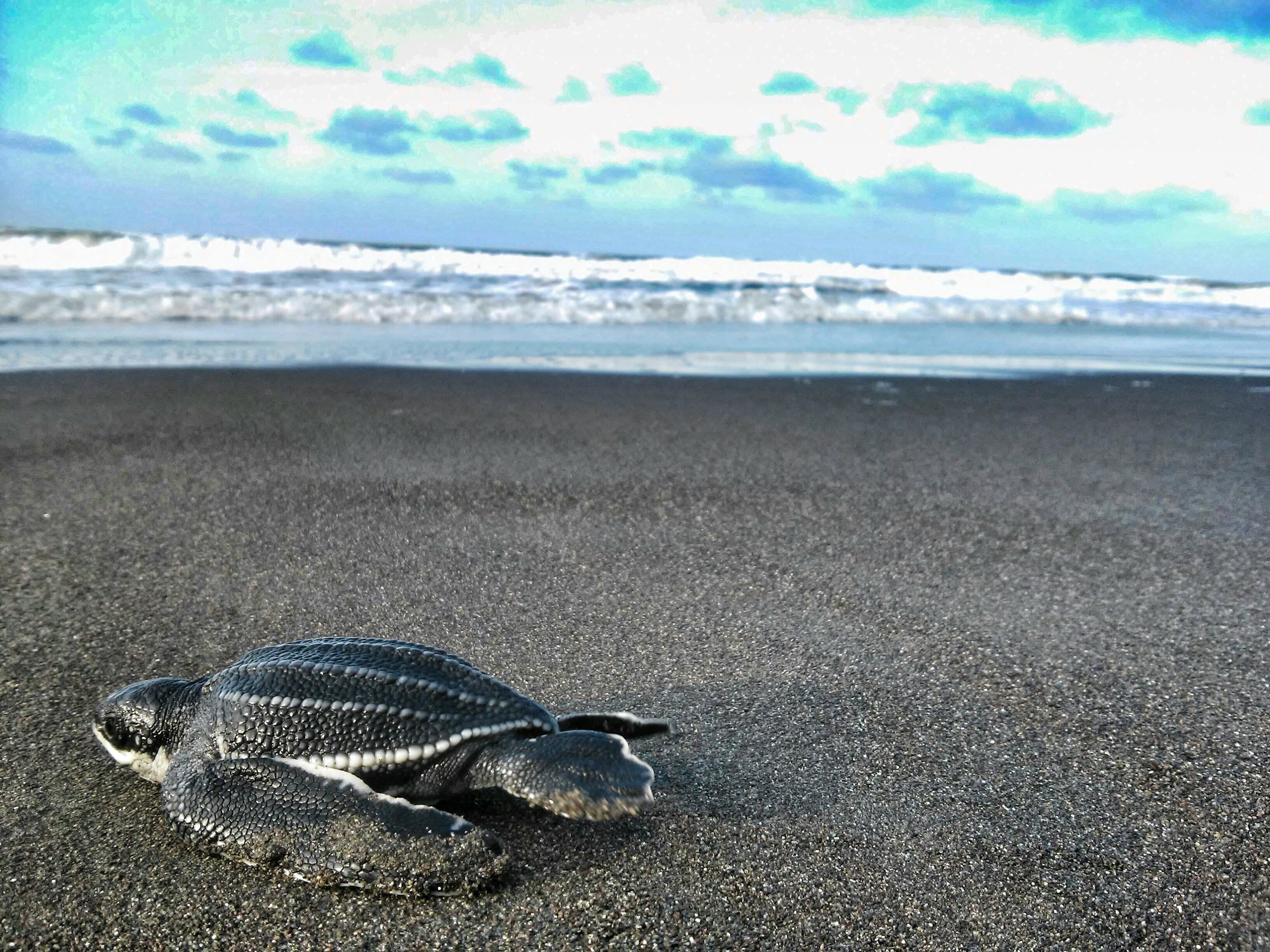
Nicki
About the project
18 reviews ·  4.5
4.5
Location

You might also be interested in
-
Reptile Conservation
Sea Turtle Conservation
Mission Trips
Sea Turtles Costa Rica
Marine Life in Costa Rica
Planning a Gap Year in Costa Rica
Voluntouring
Global Volunteer Opportunities
Adults
Volunteer Trips for College Students
Best Volunteer Programs
Projects Abroad
Animals in Costa Rica
Group Volunteering
Family Volunteering in Costa Rica
Couples
Family Volunteering
Latin America
50 Plus Volunteering
